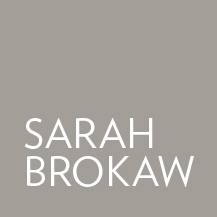I believe that authenticity is essential to leading a happy, fulfilled life. For me, that means practicing what I preach: I always road-test well-being strategies in my own life before passing that advice along to my patients. The articles below have shaped my own beliefs about the role of failure and shame on the road to a purpose-filled life, and I hope they do the same for my clients—and for you.
The New York Bachelors Who Yearn for Something More
Women aren't the only ones to feel the pressure of the ticking clock as they grow older. The bachelors interviewed in this New York Times piece share a stereotype-breaking secret: that their perceived freedom can come with isolation, regret and the feeling that the party is almost over.
Can We End the Meditation Madness?
If sitting for 10 minutes sounds like a drag, check out this funny and insightful New York Times article about a non-meditating writer who felt "stalked by meditation evangelists." Since I personally struggle to stay calm when I sit still for 60 seconds, it hit close to home for me, and reminded me that there are many ways to gain mindfulness and calm.
Nobel Prize Winner Shows that Meditation Significantly Slows Aging
It’s no secret that meditation is good for us, but it can sometimes feel difficult to start a practice. I personally found motivation to meditate by reading about a Nobel Prize winner’s discovery that meditation can significantly slow the aging process. Her incredible work is detailed in this Elephant Journal piece.
The Drama of Deception
When someone deceives us, it’s natural to feel embarrassed and humiliated. This first-person Psychology Today piece describes why it’s important to recognize that the deceiver, not the deceived, is the one who should feel shame.
What if the Secret to Success Is Failure?
The strength of a student’s character might be a greater predictor of academic success than his or her SAT score. That’s what the academians described in this New York Times story have discovered, and I believe that this concept applies to adults as well.

